Libyan protesters storm parliament building in Tobruk
Protesters have stormed Libya’s parliament building in the eastern city of Tobruk, setting fire to parts of it, according to media reports.
The unrest on Friday came amid deteriorating living conditions and months of failed efforts to set the divided country on a path toward elections.
Images published on social networks showed that protesters were inside the parliament building, throwing documents out of the windows.
Before the demonstrators attacked the building, a protest rally was held in front of the parliament and the demonstrators chanted slogans against corruption and their country's bad economic situation.
Libyan protesters called the members of the parliament one of the factors of corruption in the country.
Earlier on Friday, demonstrations were also held in other cities. In the capital Tripoli, several hundred people protested against armed militias and demanded a better electricity supply and lower bread prices.
The protests happened while negotiations between the Libyan parties in Geneva held under the supervision of the United Nations ended without an agreement in recent days.
At the end of three days of negotiations in Geneva between the heads of the two rival parliaments in Libya, UN Secretary-General's Special Adviser for Libya Stephanie Williams announced that although the progress made in the three rounds of negotiations in Cairo and Geneva is important, it is not enough to hold general elections.
During their two-day meeting in Geneva, the two sides reviewed issues related to the 2017 draft constitution of Libya and the agreement reached in the Cairo talks.
They reached an unprecedented agreement on most of the issues, including determining the seats of the two parliaments, allocating the number of seats in the two chambers of the parliament, distributing powers between the president, prime minister and local governments and the cabinet, and delineating the number of provinces and their powers.
Despite the progress achieved in the negotiations, the differences regarding the conditions of candidacy for the presidential elections still remain.
Williams asked the two parliaments to put aside the differences as soon as possible and maintain peace and stability.
Libya has been beset by violence and chaos since the overthrow and killing of its long-serving ruler Muammar Gaddafi following a bombing campaign by the US-led NATO military alliance in 2011. The resulting chaos and factional divisions then escalated into a regional proxy war fueled by foreign powers, who poured weapons and mercenaries into the country.
Since 2015, Libya has been divided between the internationally recognized Government of National Accord (GNA) in Tripoli and lawmakers in Tobruk, allied to renegade military commander Khalifa Haftar.
The Government of National Unity of Libya was supported by countries such as Qatar, Turkey, some European countries and the United Nations, and countries such as Egypt, Russia, Saudi Arabia and the UAE also supported the army of Khalifa Haftar, a retired general based in Benghazi and Tobruk.
The two rivals fought for power in the country for several years, and after a year of intense conflict that led to the advances of the government of unity to the capital city of Tripoli, they announced a ceasefire in last August.
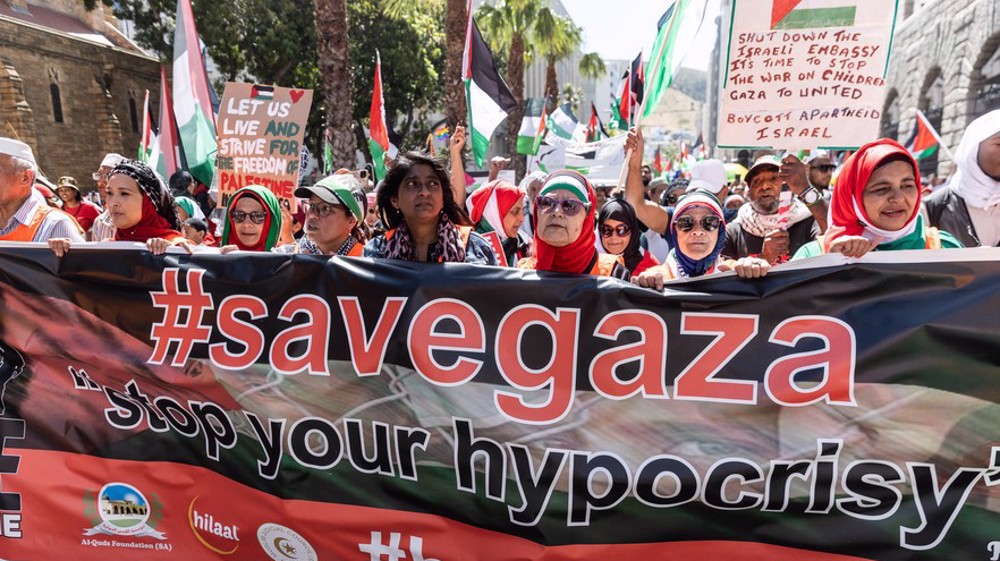
Cape Town medics protest Israeli assault on hospitals
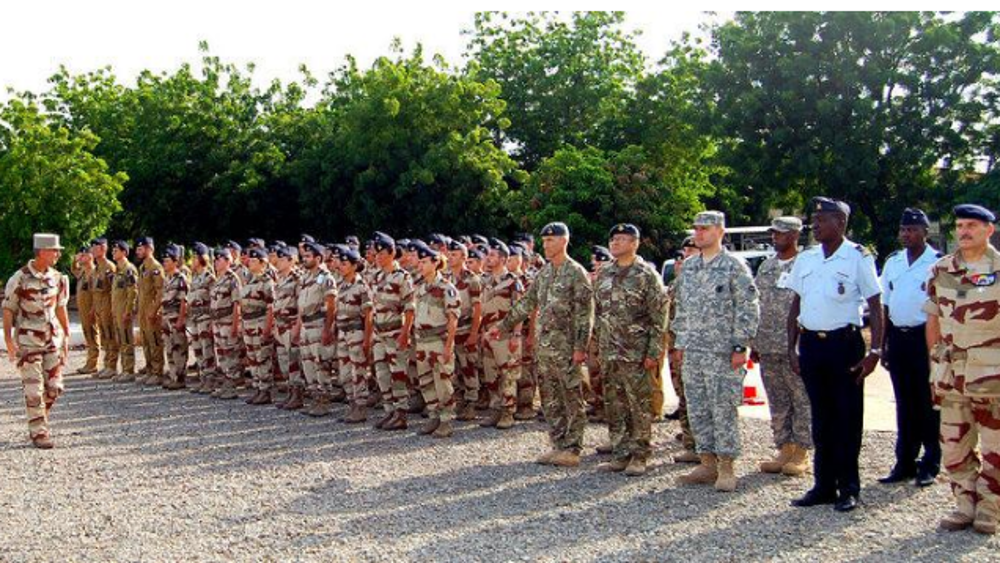
President Deby: French troops will leave Chad by end of January

French troops begin departure from Chad
VIDEO | Israeli military pulls out of southern Lebanese town of Naqura
Hamas slams Israeli regime's plan to annex Arab countries
Iran rejects Macron’s ‘baseless, contradictory’ remarks
VIDEO | Unyielding Resistance Axis
Palestine, Jordan slam map showing Arab lands as part of ‘greater Israel’
VIDEO | New York healthcare workers take a stand against genocide
Ireland files declaration of intervention in genocide case against Israel
Israel signs deal with Elbit to build bombs supplied by US, UK


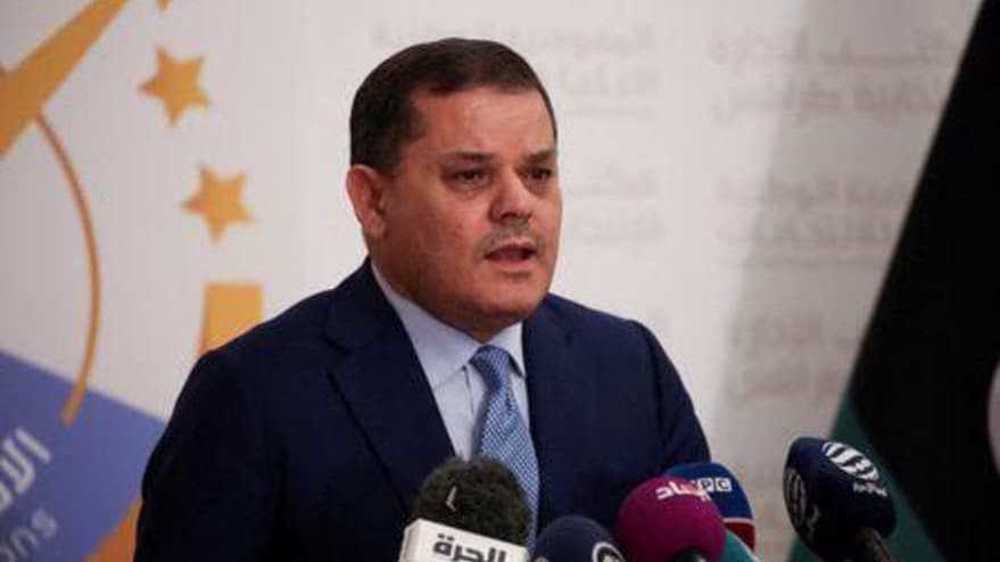



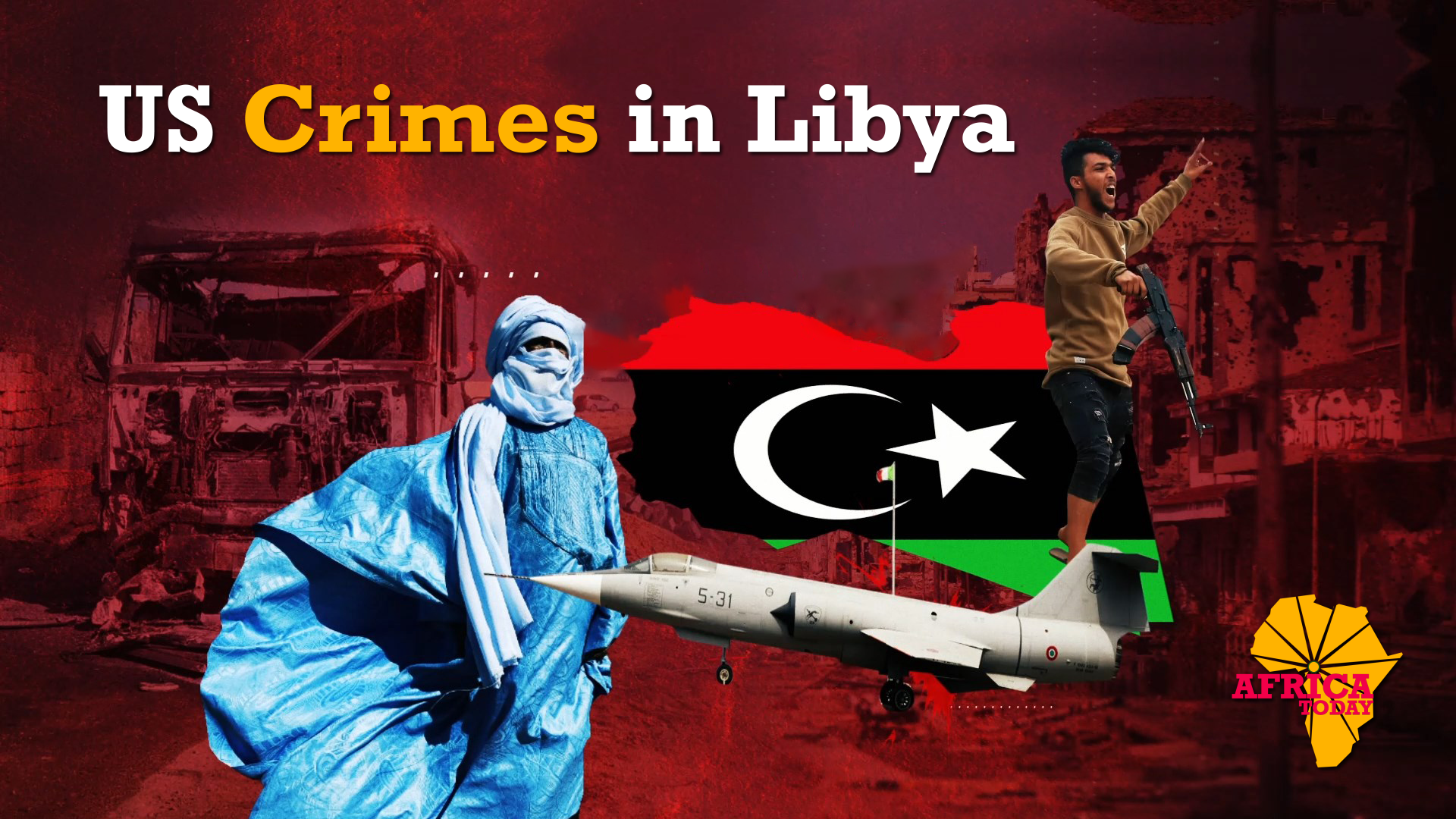
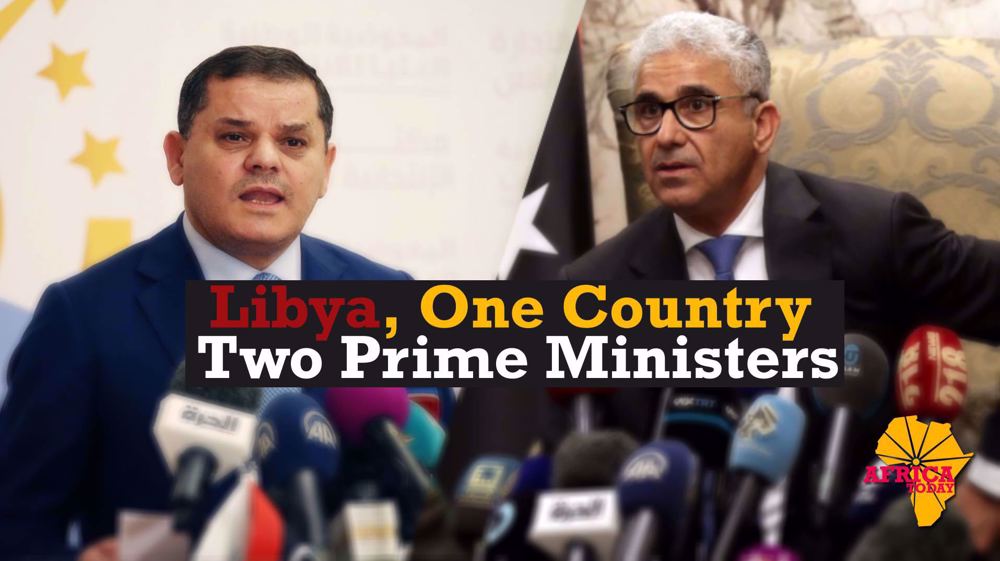
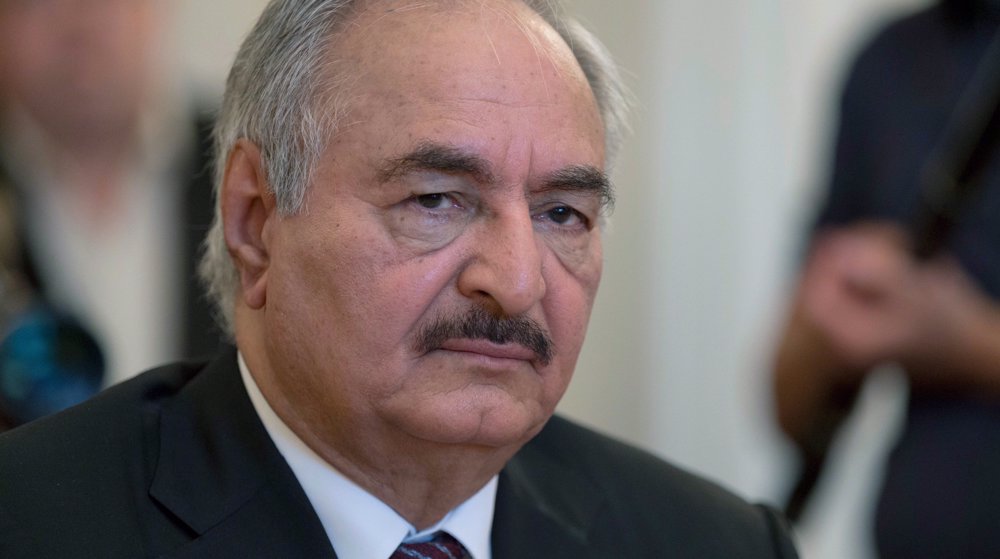
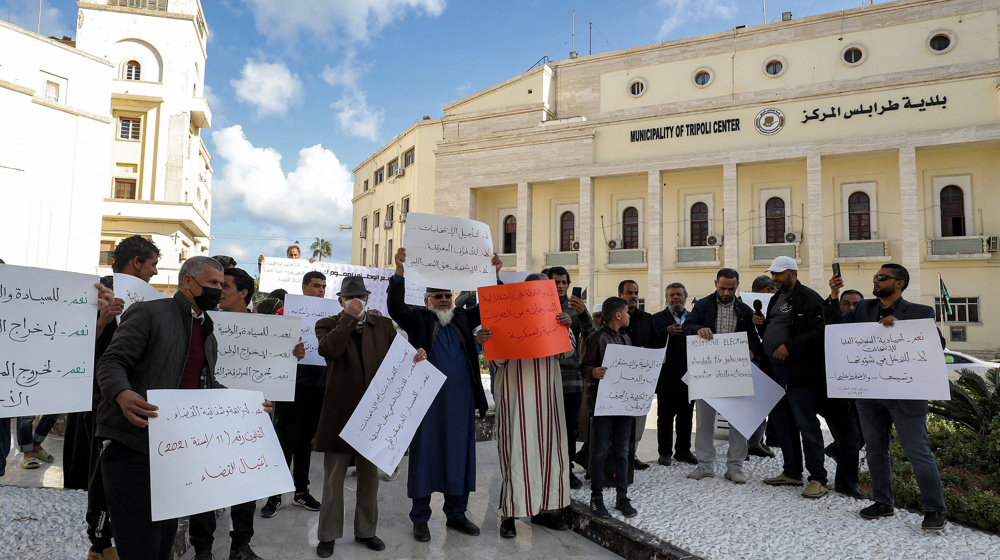
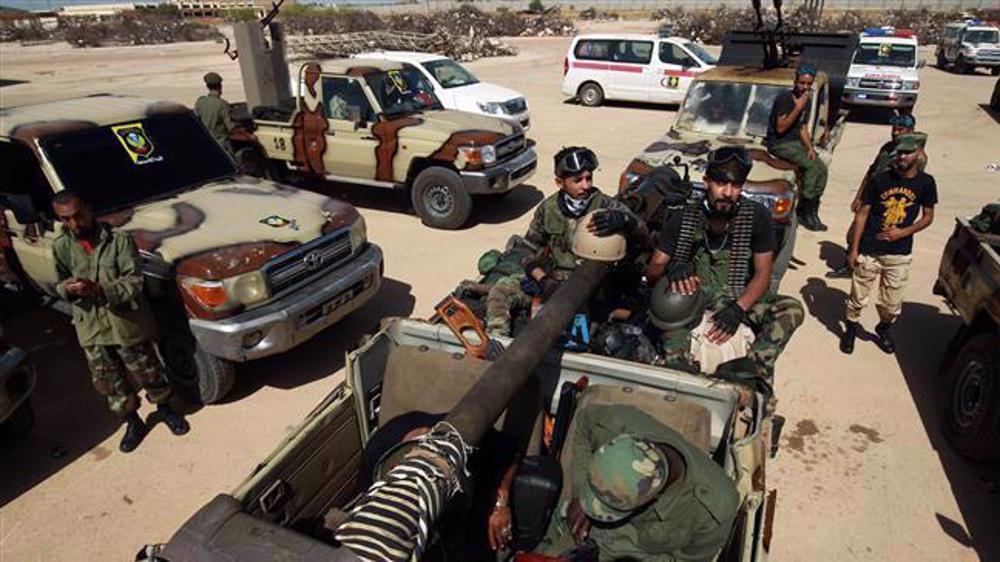

 This makes it easy to access the Press TV website
This makes it easy to access the Press TV website